The Value of Youth Voices in Conservation with Vimbainashe Eunick Chitauro
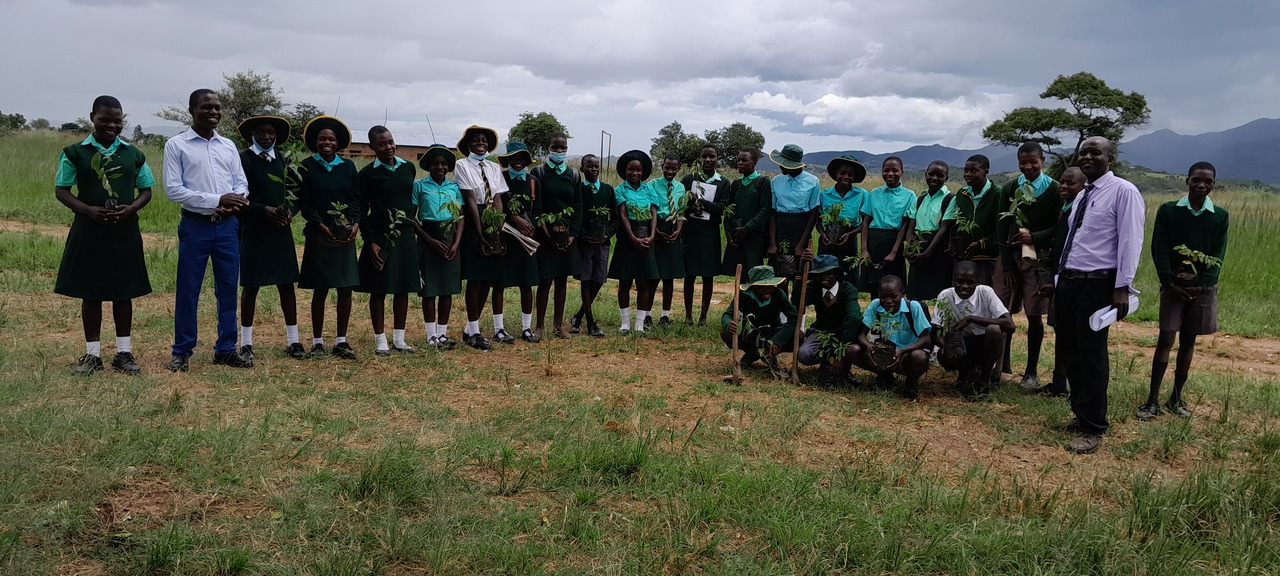
My name is Flavia, and I am a part of WildHub’s Conservation Catalyst programme, which is all about creating engaging content through interviewing experts in the field of conservation about their expertise and experience. Last week I reached out to one of our talented and inspiring members, Vimbainashe, to learn more about her role as a conservation education specialist in Zimbabwe and to discuss what needs to change in the conservation sector to build lasting conservation impact.
Vimbainashe has been interviewed before by Catalyst @Opeyemi Blessing Oyawale so please read Vimbainashe's previous interview for an overview of her journey into the field of conservation.
______________________________________________________________________
Flavia: What have you been working on recently? Do you have any exciting project coming up?
Vimbainashe: Yes, I am actually in the process of starting a new conservation education programme with a local organisation here in Zimbabwe, but we are still laying the groundwork so I can’t say much about it yet. What I can say is that we are developing this programme for children living in a mining town. It is going to be quite a shift for me because I have been mostly working in wildlife areas, and this is not as such; it is a high-biodiversity area with an abundance of native plants and insects, but it is not what we would consider a wildlife area. Mining towns have been dilapidated for such a long time and as conservationists we don’t tend to give these much consideration because simply put it is not where wildlife is, but these places are rich in biodiversity that needs to be preserved. I am very excited to be working on this new project and I will share more information as we develop the programme.
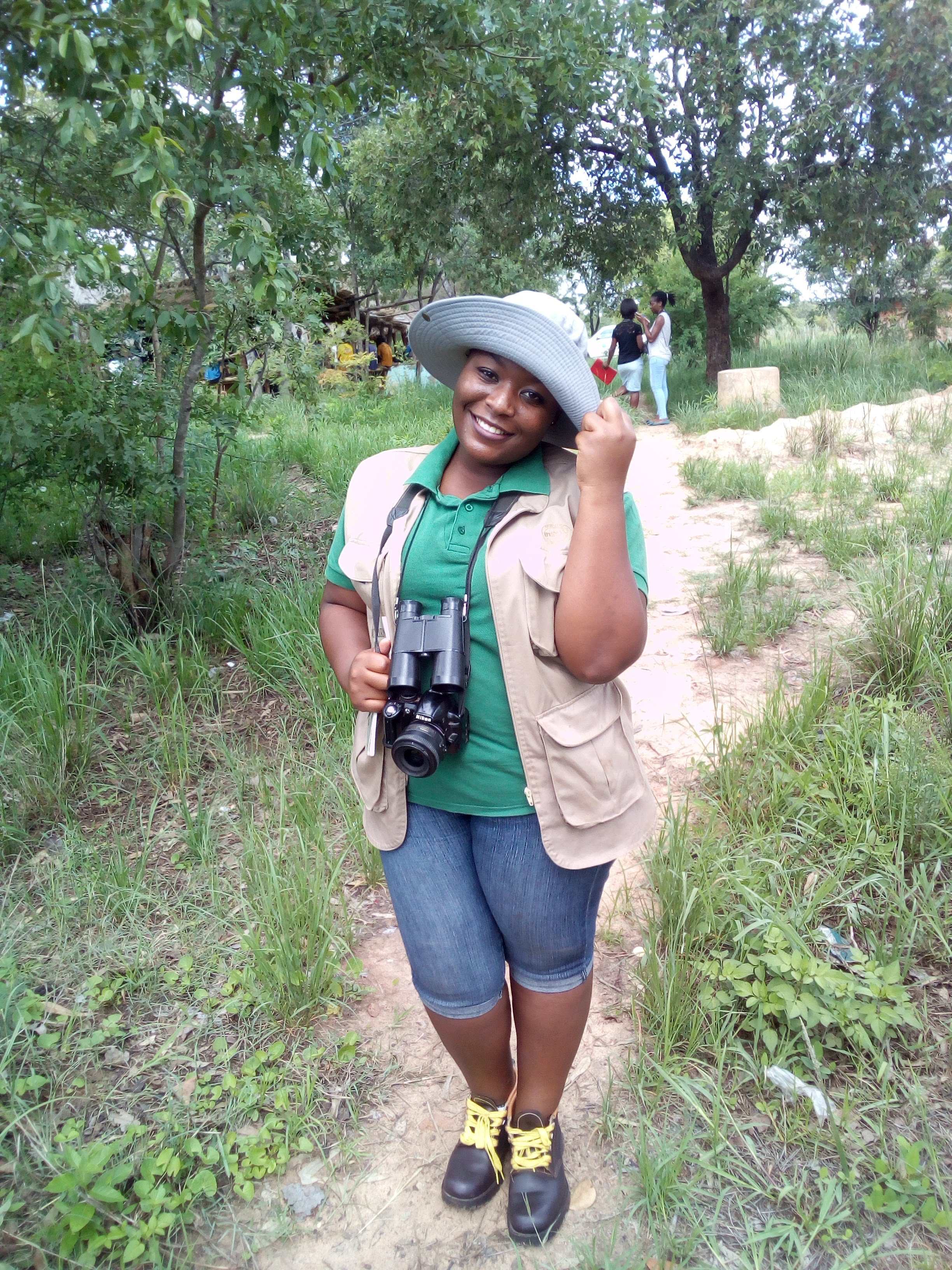 ©Vimbainashe Eunick Chitauro
©Vimbainashe Eunick Chitauro
Flavia: This sounds really exciting! Is the programme going to be designed specifically for children?
Vimbainashe: Yes, the plan is to work primarily with children. I found my calling in working with the next generation because they are the ones who will be protecting biodiversity in the future, so why not empower them to be stewards of biodiversity? However, we will also be working with other members of the community, but the rest of my team will be doing that.
Flavia: We look forward to reading more about it! Speaking of your work with children, your recent post on WildHub highlighted the importance of education as a driver for sustainable transformation. Tell me more!
Vimbainashe: Conservation education has been overlooked for a long time and organisations have only recently started to understand the power of education for conservation. This is partly because conservation education doesn’t give immediate results, through education you want to encourage behaviour changes, but it takes time for people to change mindset and behaviour. However, I have seen more conservationists wanting to engage with education and promoting change through educational activities. The field is changing because professionals are now aware that to ensure the success of a project, we need to dig deeper and understand why people have certain attitudes towards a specific area and wildlife and how we can build lasting behaviour change, because that is the ultimate goal.
I work as a Conservation Education Specialist, and I don’t just teach about biodiversity or conservation. I specialise in transforming global conservation knowledge into local, context-specific, community-driven learning solutions. My job is to listen, understand, and then design educational material that empowers communities with practical, relevant knowledge that can help them preserve the environment they depend on. Conservation education is not a one-size-fits-all approach, it should be as diverse as the ecosystems we are trying to protect. In my work I often rely on educational material from PACE, Tusk’s flagship environmental education programme, and we have used their material extensively because it is very adaptable.
For my upcoming project, one of the first steps will be to talk to the community elders to find out more about their attitudes towards nature, and to understand if these are harmful to the environment. With that information in mind, I’ll then design a programme that will hopefully teach local children how to better interact with nature in their town and encourage those children to pass that knowledge onto their parents. It will take time and patience, but it will be worth it. You need to continuously engage with communities, build their trust, and develop sustainable habits and practices that can easily be integrated into everyday life.
I don’t just teach about biodiversity or conservation. I specialise in transforming global conservation knowledge into local, context-specific, community-driven learning solutions.
My job is to listen, understand, and then design educational material that empowers communities with practical, relevant knowledge that can help them preserve the environment they depend on.
Conservation education is not a one-size-fits-all approach, it should be as diverse as the ecosystems we are trying to protect. (Vimbainashe Eunick Chitauro)
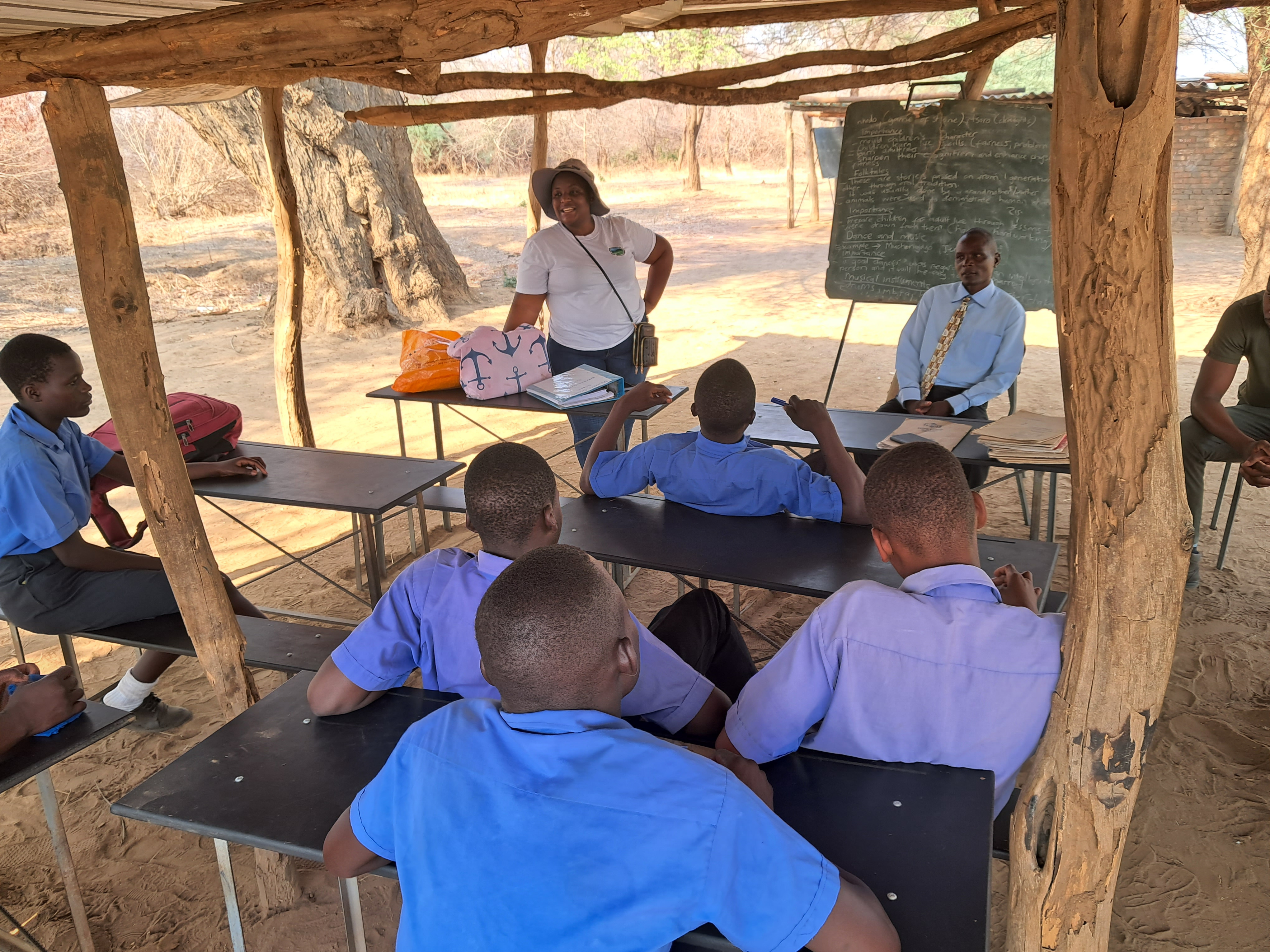 ©Vimbainashe Eunick Chitauro
©Vimbainashe Eunick Chitauro
Flavia: Considering that many of the ways communities interact with nature are based on long-term habits that reflect their culture and traditions, have you experienced resistance to change and to adopt new practices?
Vimbainashe: More than resistance to change, I have experienced sexism and ageism. As a young female conservationist I am often met with scepticism. It is nerve-wracking because as it often happens, I am the only female within the team. However, showing respect for the elders, their culture and beliefs really helps building and maintaining relationships with those communities and ultimately promoting change.
Community-engagement isn’t something I wanted to do as a fresh graduate, all I wanted to do was working with wildlife. I first interned for the African Wildlife Conservation Fund working with wild dogs and large carnivores, so I would spend my days observing wildlife and I loved it. But then I was introduced to conservation education and community-engagement, and I realised that communities are highly impacted by conservation work, and we can’t ignore that. Change starts with people. Communities are not just beneficiaries, they should be partners. We have to work with them, not just for them. Community-engagement is hard work but can be very rewarding, I really enjoy doing it.
Communities are highly impacted by conservation work, and we can’t ignore that. Change starts with people. Communities are not just beneficiaries, they should be partners. We have to work with them, not just for them. (Vimbainashe Eunick Chitauro)
Flavia: There’s been a discussion here on WildHub on the value of letting local people lead conservation in Africa. Too often, conservation in Africa has followed a pattern of “parachute conservation” – where outside experts arrive with their own solutions, implement short-term plans, and leave without building lasting local capacity or ownership. We know better than this and it is about time we really explore ways to truly decolonise conservation in Africa. So, what has your experience been with community-led conservation and in your opinion, what needs to change in our sector to allow this shift?
Vimbainashe: I have seen the discussion, and I agree, conservation projects are too often “discussed in the office” so to say. Researchers come across an interesting topic in a paper, they write a proposal, get funding and come to Africa to set up an office and do research. However, they do not usually consult with local communities and have no clue what those communities actually need. This type of work rarely brings any impact because outsiders largely overlook culture and societal beliefs. In my work, I pride myself into looking at culture when I design educational programmes because culture shapes and impacts environmental attitudes and behaviours. In Africa, communities have lived alongside wildlife for generations and wildlife is a critical part of our cultural heritage. This isn’t something that outsiders can fully grasp or include into their work. That is why local communities need to be equal partners or leaders in conservation work. Ideally, before starting any project within a community, one should go and live with them for a few months to get to know the people, understand what they need and how one can really help.
Flavia: Can you share any examples of successful community-based conservation projects that you worked on in Zimbabwe?
Vimbainashe: Sure, there was one project I worked on which promoted mushroom farming here in Zimbabwe that really took off quickly. The response from the communities involved was overwhelmingly positive: the reasons being that mushrooms grow quickly, they are nutritious and most of all mushroom farming allowed communities to actually profit from it. The impact was visible and effective.
The same local initiative also contributed to a project on tree planting, which saw children learning about trees, planting trees themselves and starting their own organic gardens. These projects are vital and give children a sense of ownership.
One thing that I believe is really important is to involve stakeholders who may not seem directly involved in conservation but ultimately contribute to environmental degradation. Protecting the environment is not just for us conservationists, it is for everyone. Everyone is affected and everyone needs to be involved to create lasting conservation impact.
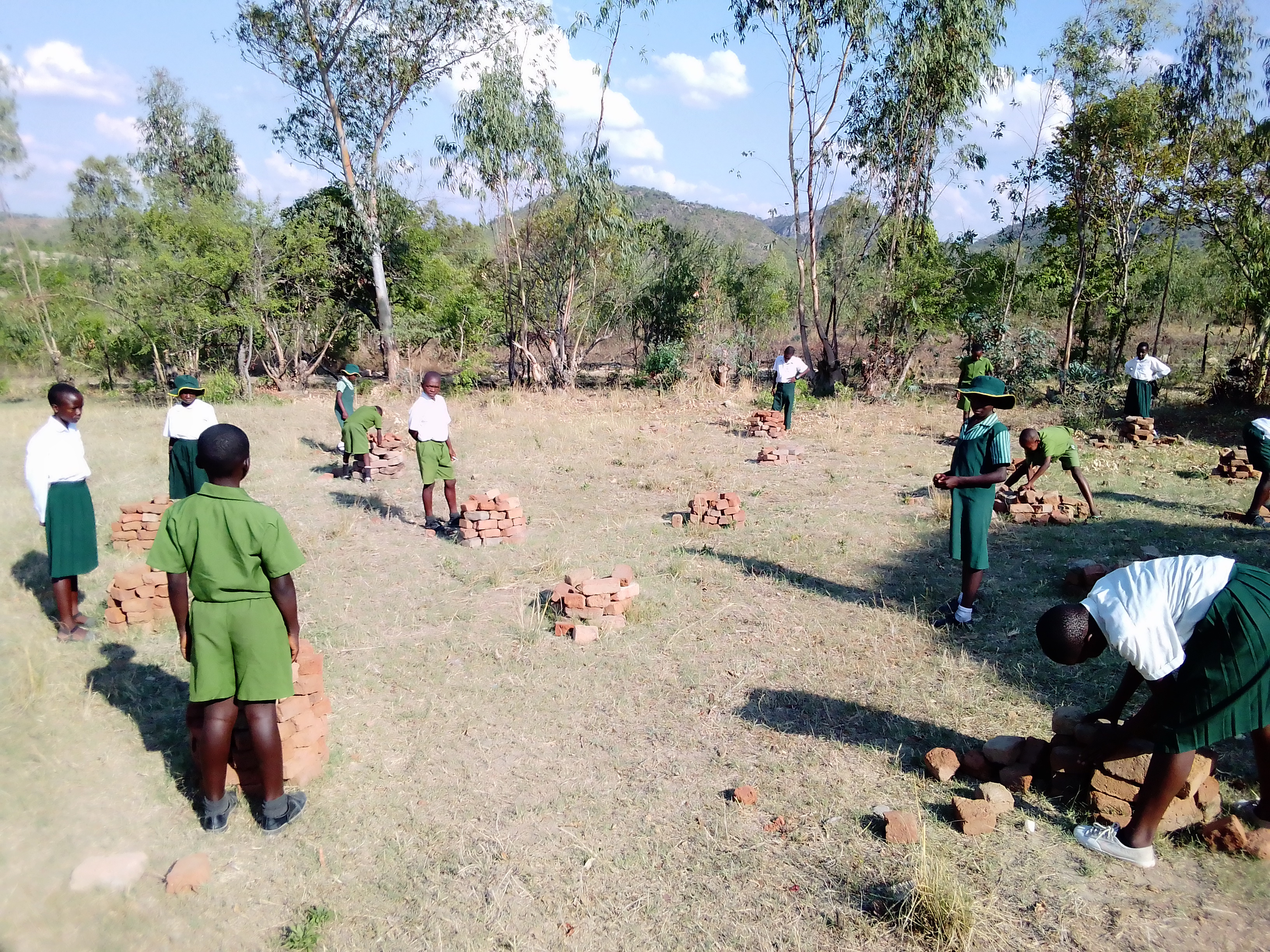 ©Vimbainashe Eunick Chitauro
©Vimbainashe Eunick Chitauro
Flavia: Finally, what do you hope to see happen in conservation in the future?
Vimbainashe: I would like to see young people being given a much bigger platform to have their voices heard. More funding, more opportunities and more validation. And on these lines, I would like to establish an organisation that allows young people to have a voice in conservation, feel empowered and make an impact. Young people are creative and full of ideas, but sometimes lack the resources to act. I would love to see youth play a bigger role in environmental conservation.
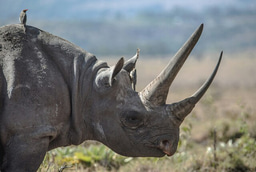
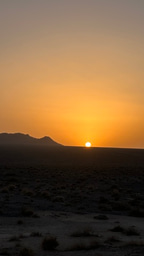
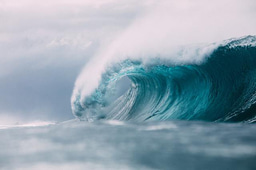

Please sign in or register for FREE
If you are a registered user on WildHub, please sign in
It was great talking to you @Flavia Manieri . Thanks again for this
Look forward to seeing your new project unfold - keep us posted! 🌿
Thank you, Flavia and Nicky, for sharing such valuable insights and resources and for keeping the conversation about community-led conservation and the power of environmental education alive in our WildHub community. @Vimbainashe Eunick, your dedication to transforming conservation education into locally relevant learning solutions is truly powerful, especially in overlooked areas like mining towns. @Flavia Manieri , thank you for shining a light on these vital stories and fostering deeper connections within our community!
It was great chatting with Vimbai and happy to give her work more visibility on WildHub 🌻
So great to see this interview Vimbainashe, after learning more about your project during the recent Stakeholder Engagement course! I'm so excited to see more as it develops, please continue to share updates. Thanks to Flavia for recording this!
🙌